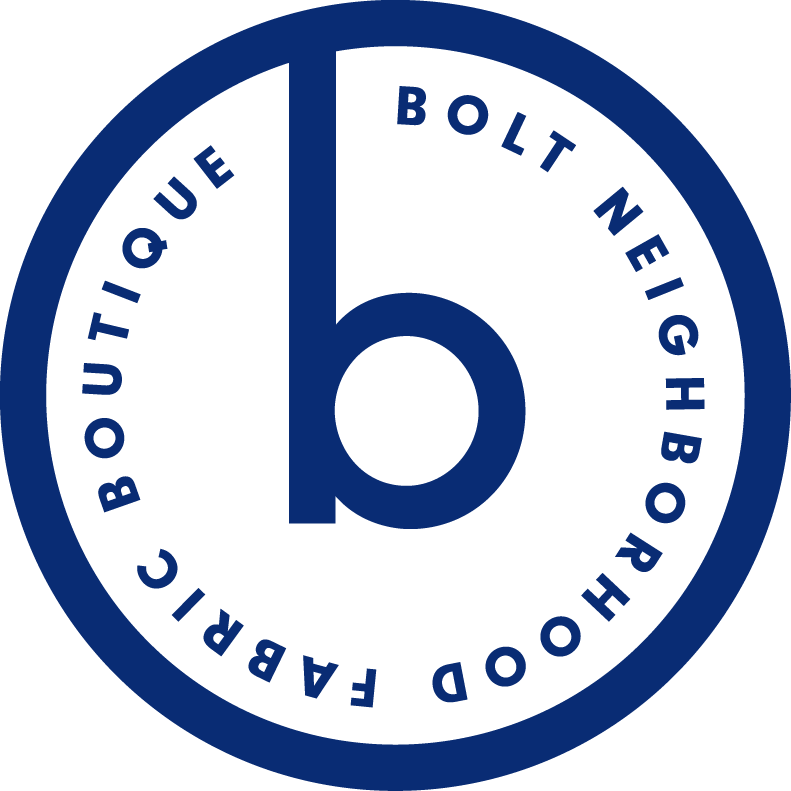Rayon: Some Information and Decisions
We’ve been doing some deep thinking here at Bolt. Deep thinking about rayon/viscose. We’ve decided, because of environmental and ethical issues with the manufacture of rayon, to cut back on our rayon purchases. You might notice fewer rayon prints, both new and deadstock, available to purchase. We will still be purchasing some of our rayon “staples” - both Brussels Washer Solids and Yarn-Dyed as well as Rayon Linen Slub - because they are popular and inexpensive.
If you’re new to rayon/viscose, here are some bullet points on the fabric and our concerns:
Rayon is sold both as rayon and as viscose. There’s no difference except calling it viscose may or may not give you a sophisticated European vibe.
Rayon is made of wood pulp, which is why this fabric with a smooth, cool hand and luscious drape, is classified as a natural fiber; however, the manufacturing process has more in common with synthetic fibers. Sodium hydroxide, carbon disulfide, and sulfuric acid are used to transform wood into a fiber. As might be expected of chemicals that are able to break down wood, it also has an effect on our bodies. Workers and members of surrounding communities experience high rates of insanity, nerve damage, strokes, and heart attacks.
Deadstock (unused fabric bought from designers and clothing manufacturers) can be a more environmentally friendly option, but it’s important to know there is a thriving market for deadstock fabric. Many companies purposefully over order because they know they can sell it through a middleman to retail fabric stores and smaller designers. Most of the deadstock regularly available to us we find through jobbers, and we have no way of knowing if we’re buying “true deadstock”.
We’re looking for new sources of lyocell - rayon fabric made with an almost closed process which uses less water and keeps the toxic chemicals used from flowing into local waterways. You might see these online and in the store labeled as lyocell or tencel. We’re also more than happy to help you find other fabric options that will work for your projects. We’ll still have plenty of beautiful prints in lightweight cotton and silk, and plenty of linen solids.
There is no perfectly sustainable fabric. Please know that at Bolt, we make decisions on what to sell based on many factors - what our customers want, environmental and ethical concerns, keeping our fabrics financially accessible to a wide range of sewists, what is available to us, etc. We are sharing this decision with you to explain why our rayon prints selection will be slowly decreasing and because we want to provide you with the information you need to make your own decisions based on your values and your budget. Whatever fabric you choose, know that we don’t judge your decision and we support you in making the best decision for yourself.


